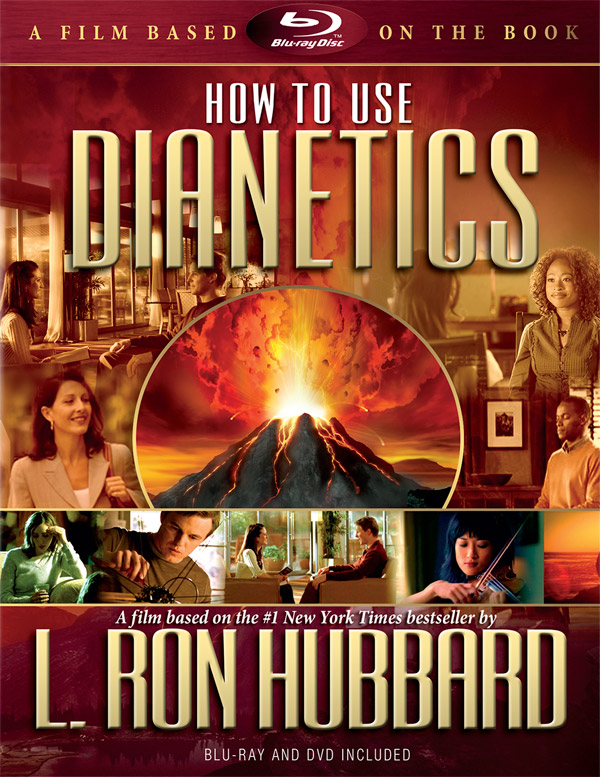The Best Strategy To Use For Dianetics
The Best Strategy To Use For Dianetics
Blog Article
3 Easy Facts About Dianetics Explained
Table of ContentsFacts About Dianetics RevealedThe Buzz on DianeticsOur Dianetics DiariesDianetics for Dummies
I couldn't ever not wish to receive anything that comes to mind for you- if it was otherwise, I would not be sitting right here with you, doing this. I not just can never ever have an issue, or otherwise intend to listen to something that comes to mind for you, but I'm totally eager to know every idea, every idea, every image or feeling that emerges or manifests for you- don't ever before assume or else, and if for one reason or another you do, please simply let me understand! Occasionally, you may have an idea, and image, concept or case appear that does not appear to respond to the question, or connect to it, but however, constantly do inform me regarding it, and as we proceed, the relevance will arise for you.This is fundamental in the basis of handling, and the topic of this conversation: the basic roles of the therapist and the customer: The fundamental duty of the therapist is, as opposed to "typical training", not to manage, which means to enforce and/or hinder, however to instead work from the basis of EMPOWERING THE CLIENT.

Getting The Dianetics To Work
John Mcmasters expressed this standard fact incredibly well in one of his lectures on Power handling, in which he explains how he was asked what this "special propensity" was that he had for providing such great sessions; he had to consider that for a moment, and found that it was what he wasn't doing, in addition to what he was doing: he wasn't assessing, evaluating, computer, or in reality, generating any type of ideas, not to mention verbal expressions, after providing the command and while awaiting the computer to complete their solution to their contentment; he was, simply and only, being present with the computer, and completely interested.
The duty of the counselor, demonstrated; that was his "special propensity". I have had my very own experience which instructed me this well, very at an early stage in the game. In 1982, having actually lately completed my training and internship on New Era Dianetics, I was running this on a COMPUTER, and there was a factor in the session where (being a bit wet behind the ears not yet having several hours under my belt as a specialist auditor) the computer seemed to be "taking also lengthy" to express anything vocally after I offered him a command.
This trick became one of the most beneficial payment that John ever made to the topic of therapy or bookkeeping (Dianetics). In my simple opinion, it is the best contribution that any person has ever made to these subjectsthe application is totally non-judgemental, non-evaluative, and without any kind of suggestion, guidance or opinion.no preconceived schedule for people, or 'degrees' that they should do
In Scientology we prided ourselves on not examining for people. All that actually implied was that the auditor did not Vocally examine for the PC in session.
All about Dianetics

Any person who had actually ever before seen John audit could not assist yet observe an unique high quality in his bookkeeping."The customer's fundamental function is to be there with the objective of moving in the instructions of their spiritual goals, and to openly and totally share and experience whatever materializes for i was reading this them in addressing the questions and performing the directions in the handling.
This is something to procedure as needed. However additionally, individuals frequently have prior experience and/or indoctrination in auditing/processing which, in some means, and to some levels, actually deceives them right into perspectives, ideas and behavior patterns that avoid the full understanding of these duties, and so they will certainly have a tendency to prevent the expressing of what comes to mind, as in the examples offered above. * The very first, and perhaps foremost instances of mis-indoctrination bring about much less than totally smooth and efficient sessions, can be found in certain facets of the training regimens, or "TR's":"TR's" are usually an individual's very first, or a minimum of early, experience in Scientology, and while I will go on to clarify what I view as the problems in idea and practice, however, have a tendency to be substantially restorative, done as they image source are provided (Hubbard insists that "TR's are not refining, they are training", yet factually, they are both handling AND training)
Alan Walter made similar observations, and improved these with his "Existence Processes". There is no "failing", and no rejection of the fact of this being handling. The focus, as it should be, is on experiencing the other individual's existence. All the manifestations which get a "flunk" in doing "TR-0" are just the being's initiatives to resist the other individual's visibility, and as opposed to being bothered and pestered with "Flunk", which imposes "failure!" on the being, one just needs to be urged to "stick their feet in the water a little deeper", to increasingly refurbish their capability and willingness to completely share and experience "being here", or "existence", with others.
Facts About Dianetics Uncovered

Report this page